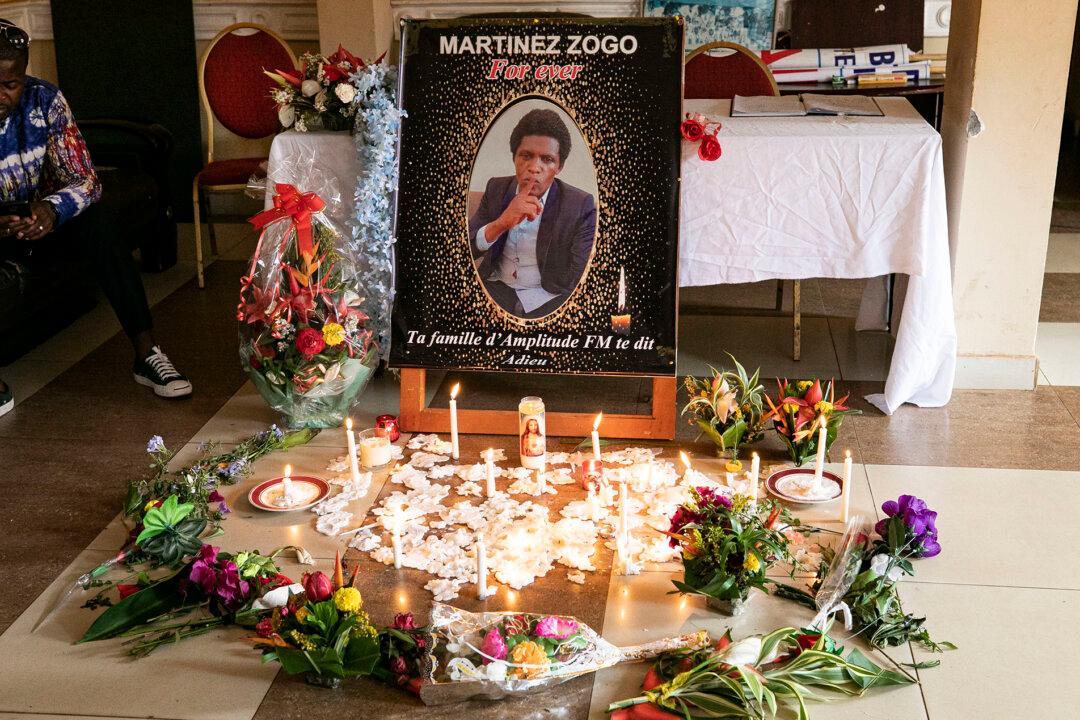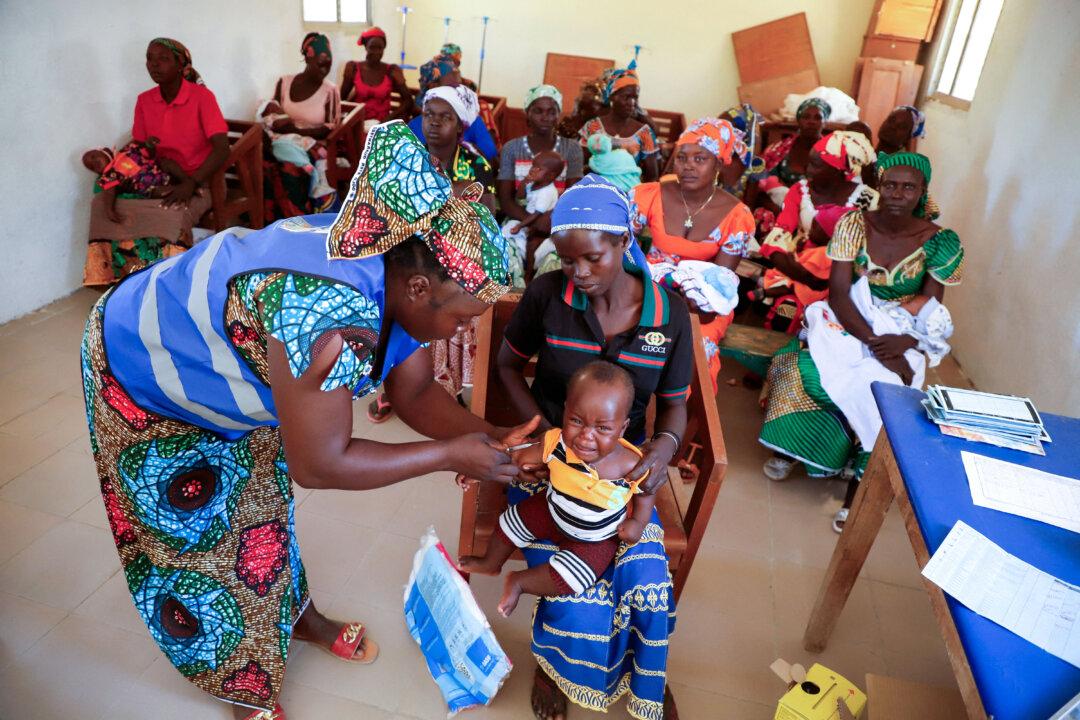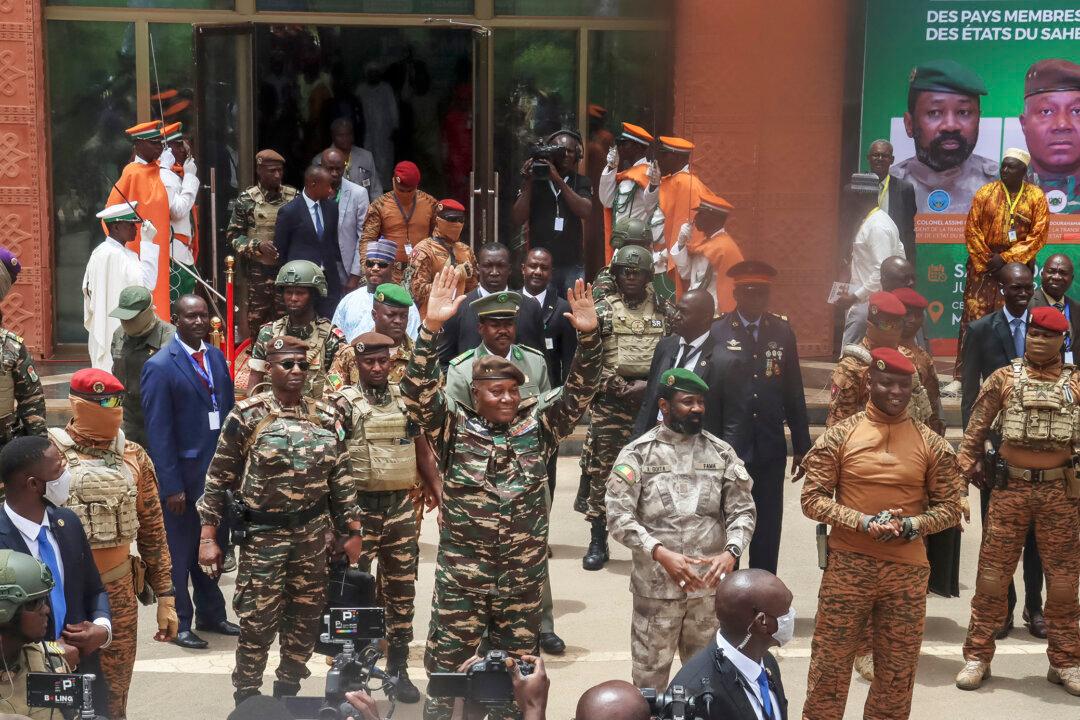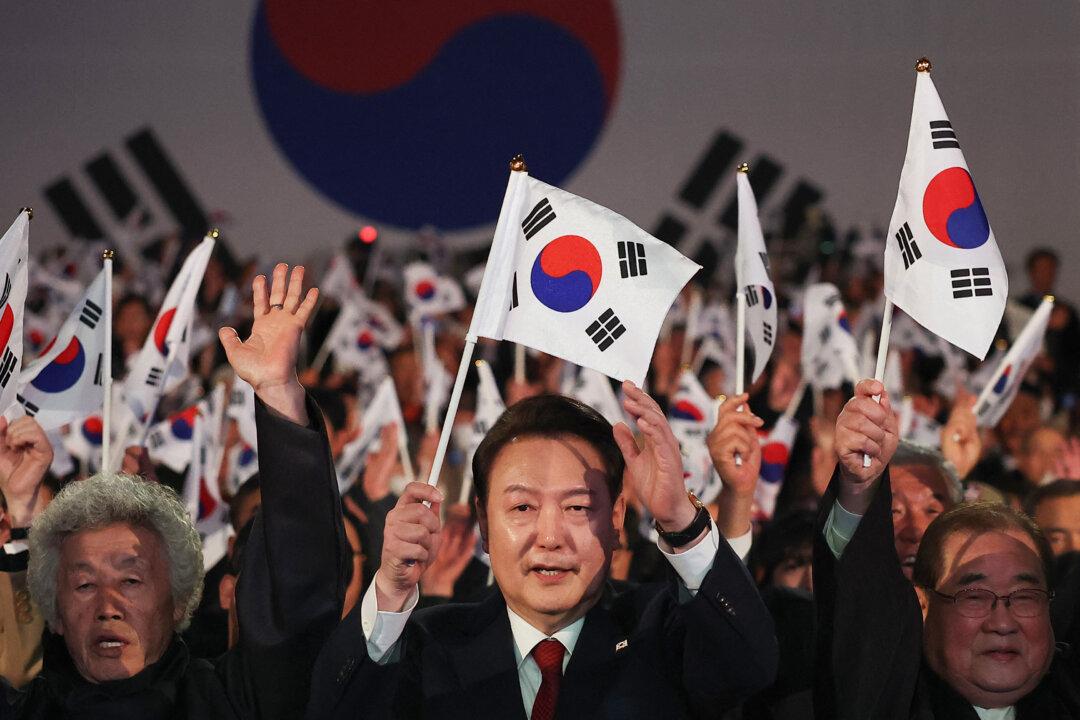When journalist Haman Mana, 57, got news that Cameroon’s media tycoon, Jean Pierre Amougou Belinga, was arrested as part of investigations into the gruesome murder of his colleague Martinez Zogo he was guardedly optimistic.
Africa News
Featured
Cameroon Media Tycoon Facing Court in Connection With Journalist’s Gruesome Murder

A condolence book was opened for the late Martinez Zogo at the headquarters of the Amplitude FM radio station where he was station manager. Anonymous




